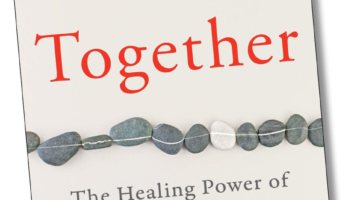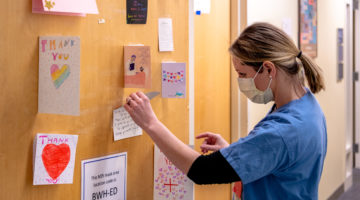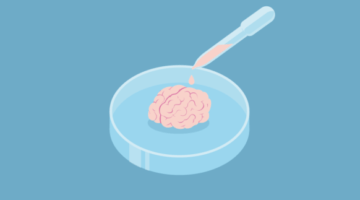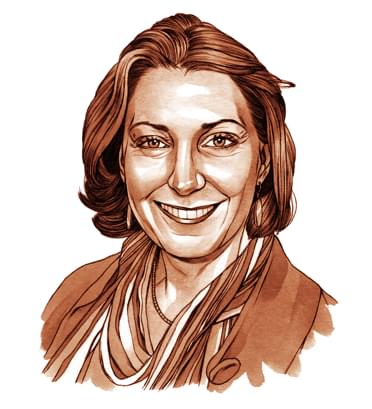
Patients and providers often think they just need to find the right medication. But sweat equity is important. Recovering from major depression is more like recovering from major surgery, where there’s an expectation you’ll do rehab to build strength.
Jane Erb, MD
Director, Clinical and Education Initiatives, Outpatient Services
Department of Psychiatry

Mental illnesses and addiction are not like infections that can be treated and cured. They’re more like diabetes or obesity. They require a comprehensive treatment plan and ongoing support over a period of time.
Joji Suzuki, MD
Director, Division of Addiction Psychiatry
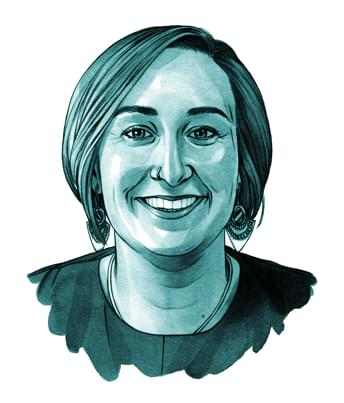
Mental health conditions are largely misunderstood. Many people correlate mental illnesses with specific behaviors such as violence or laziness, but these associations are unfounded.
Sydney Burelle, LICSW
Lead Clinical Social Worker, Brigham Emergency Department
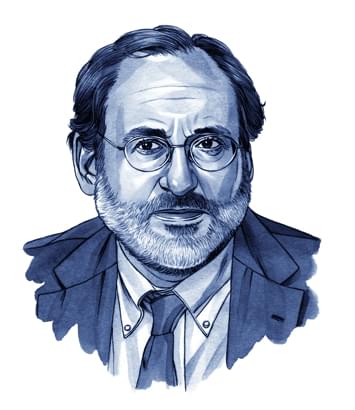
It’s not the person’s fault. You would never tell someone wheezing with asthma to pull themselves up by their bootstraps or consider them weak.
David Silbersweig, MD
Chair, Department of Psychiatry
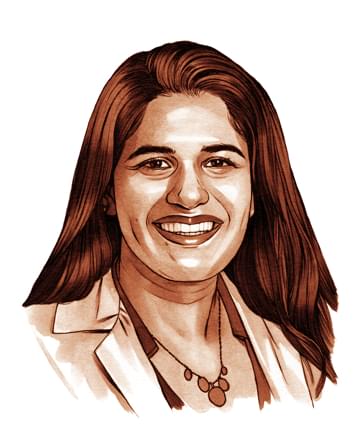
Depression is one of the most common complications of pregnancy, affecting nearly one in five women in pregnancy and postpartum. Untreated depression can significantly affect the health of the woman, child, and family.
Leena Mittal, MD
Director, Division of Women’s Mental Health
Department of Psychiatry
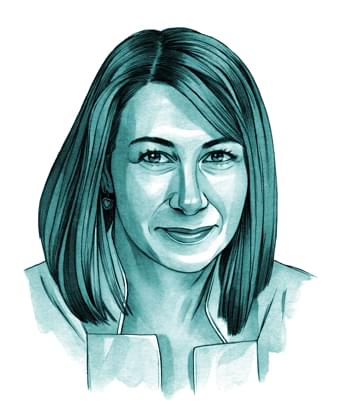
There’s no scientific reason to differentiate mental health from other kinds of health. Mental illnesses are physical illnesses. The body and mind work together. If one’s not well, the other isn’t either.
Natalie Dattilo, PhD, MHA
Director, Psychology
Department of Psychiatry
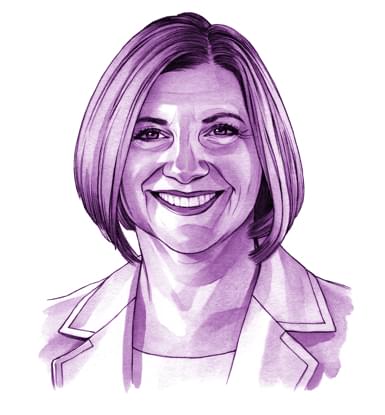
Many people suffer needlessly with mental health issues, avoiding care due to the stigma. Mental illness can be treated, and individuals can live meaningful lives. It is vital that we’re all open to learning about and discussing mental health.
Barbara Lakatos DNP, PMHCNS-BC, APRN
Program Director, Psychiatric Nursing Resource Service
Illustrations by Michael Hoeweler





